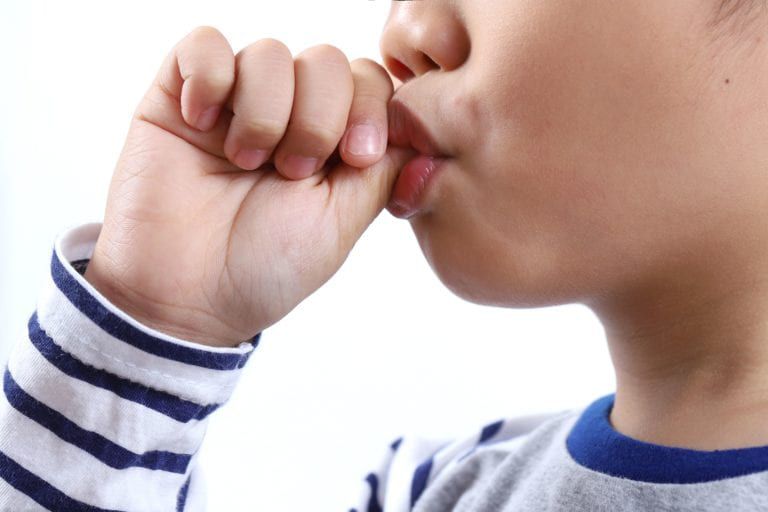Many of us, growing up, heard of the dangers of sucking your thumb and using pacifiers once our teeth started coming in. While these soothing behaviors helped many a child get a good night’s sleep, not many of us considered the potential long term ramifications of this act. Even less time did we spend considering which of them might be the superior option and come with the most advantages and least disadvantages. Below you’ll find an examination of various facts associated with these behaviors that can help you make informed decisions.
Sucking At An Early Age
Suckling seems to be an inborn trait that helps babies self-soothe when other forms of comfort aren’t available. In the earliest parts of a child’s life, sucking is mostly harmless, and concerns over it, leading to issues with the development of primary teeth have proven erroneous. As the child gets older, concerns about sucking grow. Even at this point in their lives, there are notable differences between pacifiers and sucking their thumbs. Pacifiers are associated with increased rates of ear infections, but also show a reduced association with occurrences of SIDS over thumb sucking. Pacifiers are more difficult for a crying child to find, but thumbs have a greater chance of introducing more germs. Thumb sucking also has the drawback of being more difficult to break as a habit, since it can’t be removed the same way a pacifier can.
When Teething Begins
At approximately six months, the baby’s first teeth will start to arrive, a moment that heralds the end of their sucking phase. At this time, children should be strongly encouraged to end their habit since it will have a direct impact on the development of their teeth and jaws. The pressure applied to the baby’s new teeth can cause them to come out of alignment and can cause their jaw to shift forward or backward. This change can last well into their adult life and can result in expensive orthodontic treatments.
How To Reduce The Use Of Pacifiers
Overall, pacifiers are the superior choice to address your child’s sucking habits. Getting your child familiar with using them at bedtime to soothe them will help reduce its use provided it is prevented at other times. As children get older, this will make it simpler to eliminate the habit. This will ensure that they benefit from fewer ear infections, and from avoiding the damage to teeth, nail, and skin that can occur with the use of their thumb.
If you’re looking for other useful tips to help your child develop healthy habits that will ensure lifelong dental health, it’s time to schedule an appointment. You can reach out to Dr. Alireza Movassaghi at the Torrance Dental Associates in Alameda, CA, to begin your child’s journey to a beautiful smile that will last a lifetime. During their appointment, they’ll receive a regular check-up, and you’ll be counseled on what changes can be made to help them stay healthy. Give your child the best possible start to life with great teeth by calling now!

